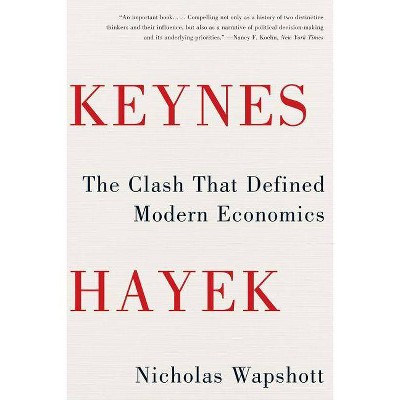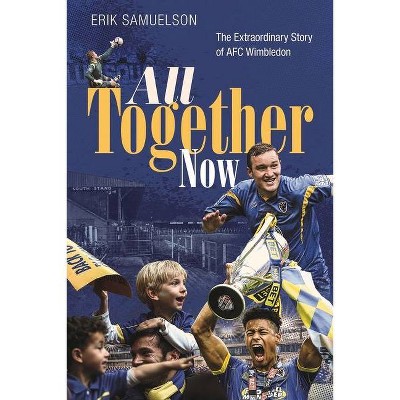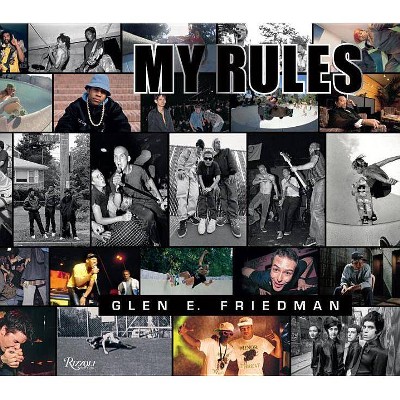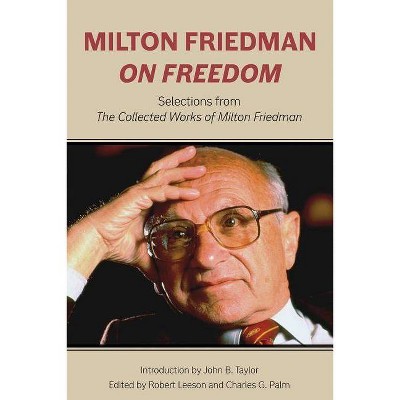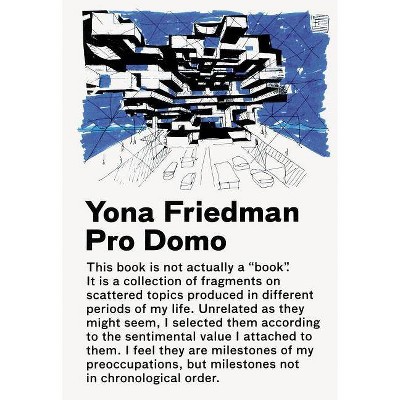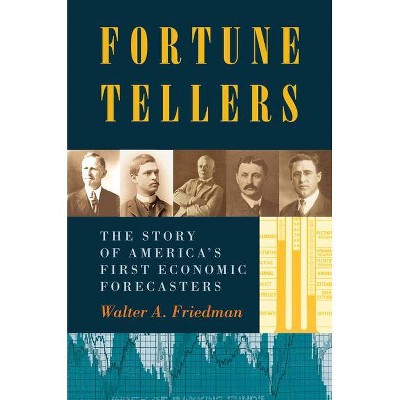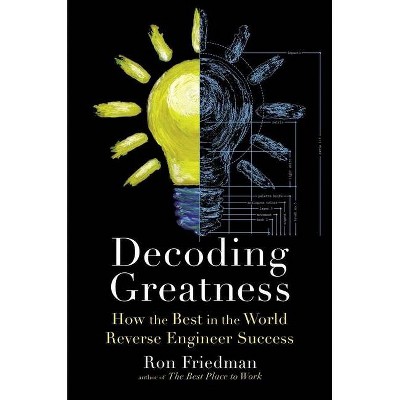Samuelson Friedman - by Nicholas Wapshott (Hardcover)
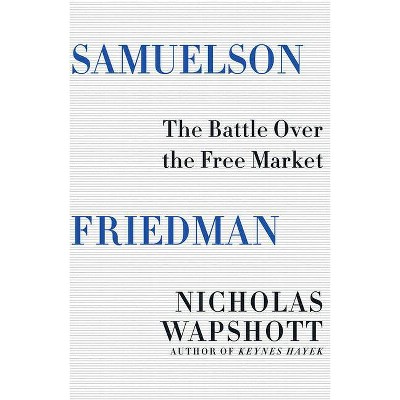
Similar Products
Products of same category from the store
AllProduct info
<p/><br></br><p><b> About the Book </b></p></br></br>From the author of <em>Keynes Hayek</em>, the next great duel in the history of economics.<p/><br></br><p><b> Book Synopsis </b></p></br></br><p>In 1966 two columnists joined <em>Newsweek</em> magazine. Their assignment: debate the world of business and economics. Paul Samuelson was a towering figure in Keynesian economics, which supported the management of the economy along lines prescribed by John Maynard Keynes's General Theory. Milton Friedman, little known at that time outside of conservative academic circles, championed "monetarism" and insisted the Federal Reserve maintain tight control over the amount of money circulating in the economy.</p><p>In <em>Samuelson Friedman</em>, author and journalist Nicholas Wapshott brings narrative verve and puckish charm to the story of these two giants of modern economics, their braided lives and colossal intellectual battles.</p><p>Samuelson, a forbidding technical genius, grew up a child of relative privilege and went on to revolutionize macroeconomics. He wrote the best-selling economics textbook of all time, famously remarking I don't care who writes a nation's laws--or crafts its advanced treatises--if I can write its economics textbooks. His friend and adversary for decades, Milton Friedman, studied the Great Depression and with Anna Schwartz wrote the seminal books <em>The Great Contraction</em> and <em>A Monetary History of the United States</em>. Like Friedrich Hayek before him, Friedman found fortune writing a treatise, <em>Capitalism and Freedom</em>, that yoked free markets and libertarian politics in a potent argument that remains a lodestar for economic conservatives today.</p><p>In Wapshott's nimble hands, Samuelson and Friedman's decades-long argument over how--or whether--to manage the economy becomes a window onto one of the longest periods of economic turmoil in the United States. As the soaring economy of the 1950s gave way to decades stalked by declining prosperity and stagflation, it was a time when the theory and practice of economics became the preoccupation of politicians and the focus of national debate. It is an argument that continues today.</p><p/><br></br><p><b> From the Back Cover </b></p></br></br><p> <strong>Praise for Nicholas Wapshott and <em>Keynes Hayek</em></strong> </p><p>I heartily recommend Nicholas Wapshott's...<em>Keynes Hayek: The Clash That Defined Modern Economics</em>...Many books have been written about Keynes, but nobody else has told the story properly of his relationship with Hayek. [Wapshott] has filled the gap in splendid fashion, and I defy anybody--Keynesian, Hayekian, or uncommitted--to read his work and not learn something new.<br /><strong>-- John Cassidy, <em>The New Yorker</em></strong></p><p><em>Keynes Hayek</em> does an excellent job of setting out the broader history behind this revival of the old debates. Wapshott brings the personalities to life, provides more useful information on the debates than any other source, and miraculously manages to write for both the lay reader and the expert at the same time. Virtually every page is gripping, and yet even the professional economist will glean some insight.<br /><strong>--Tyler Cowen, <em>National Review</em></strong></p><p>Mr. Wapshott has written an important book. It is compelling not only as a history of two distinctive thinkers and their influence, but also as a narrative of political decision-making and its underlying priorities...Underlying Mr. Wapshott's analysis are vital questions for this moment in American history: What kind of society do we want? And what do we owe to our fellow citizens and our collective future?<br /><strong>-- Nancy F. Koehn, <em>New York Times</em></strong></p><p/><br></br><p><b> Review Quotes </b></p></br></br><br>If you had to name the two most influential economists of the postwar decades, you would not go far wrong if you picked Paul Samuelson and Milton Friedman... As Wapshott shows, their arguments over the proper scope of government intervention and the control of inflation echo down to the present." -- Adam Tooze, <em>Financial Times</em>--Adam Tooze "Financial Times" (10/14/2021 12:00:00 AM)<br><br>Summarising the debate between the two most important economists of the second half of the 20th century may seem like a monumental task, best consigned to specialist textbooks. But this brave history of the intellectual dual between Paul Samuelson and Milton Friedman proves that assumption wrong, with its focus as much on their lives as on their ideas.--Zareer Masani "Literary Review" (9/8/2021 12:00:00 AM)<br>
Price History
Price Archive shows prices from various stores, lets you see history and find the cheapest. There is no actual sale on the website. For all support, inquiry and suggestion messagescommunication@pricearchive.us
